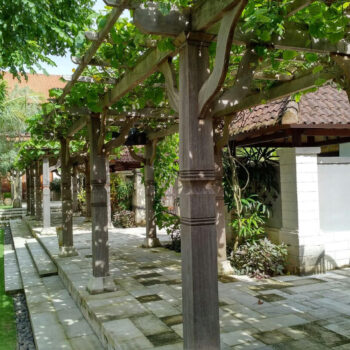
Organizational Coaching and Professional Development: A Valuable Partnership
There is an additional type of feedback that a program participant at YTG received. This is the “talk-back” and “kick-back” from their fellow employees, as they try out new ideas and assume new roles in the organization. As John Dewey suggests (and Richard Wale described in his IJCO article), there is much to be learned by doing something new—provided there is a skillful coach to help one make sense of, integrate, and enact learning-by-doing.
Principle Seven: Encouragement
A coach can support her colleague and encourage her to identify new learning, apply it, see what happens, and (in an appreciative way) note (and learn from) occasions of success. In other words, the coach can be a terrific cheerleader for the person she is coaching—particularly if she, as the coach, is knowledgeable about the challenges being faced by her colleague. Encouragement is not about naïve and pollyannish enthusiasm. It is about thoughtful and experience-based support.
I think back upon an unintentional intervention I made in the lives of several university presidents—an intervention that reflects this seventh principle. I was consulting to a large statewide program in a state located in the middle of the United States. It involved the leaders of seven public universities who were to be involved in a major educational reform effort. Supported by a large grant from a charitable foundation, this program was intended to bring these institutions together in a single coordinated effort—at a time when these universities were intensely competing for scarce tax dollars.
As a small part of this program, I worked for one day with the presidents of these seven universities. They were to play a supportive role in this ambitious, cooperative reform program. We set up an arrangement whereby the president of university A was to spend several hours at university B with the president of that institution. The president of university B was to visit with the president of university C and so on. These meetings were to focus on the reform program and were to be held once every other month for the twelve months duration of the program. During our one day meeting I provided some informal training for these presidents regarding the processes of peer coaching—especially from an appreciative perspective (focusing on the lessons to be learned from successes, rather than focus on learning from failures).
- Posted by Bill Bergquist
- On September 8, 2011
- 0 Comment

Leave Reply